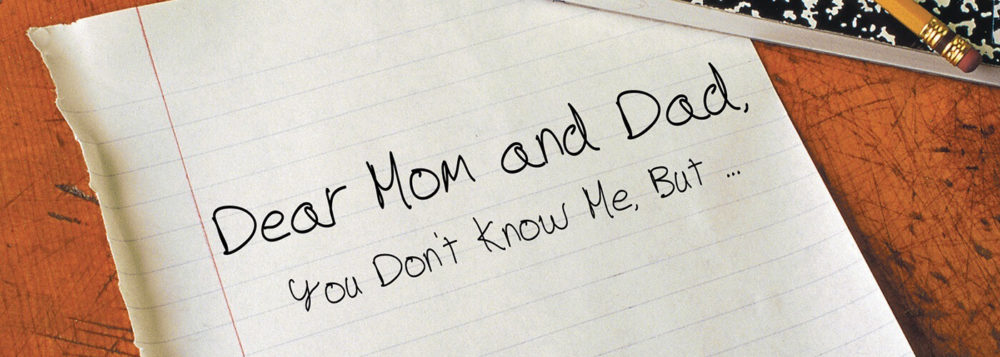The title to this entry may be slightly misleading, but stick with me and possibly by the end you will understand the “choice” of phase. Over the last few weeks I’ve heard the 1976 song, “Torn between two lovers” by Mary MacGregor a number of times, and it has struck a chord with me, but not for the reason you may think.
I was born on October 20th, a fact that has placed me in the astrological category of Libra, albeit right there on the cusp with Scorpio. So for those of you who want to read anything there, read away. Personally I think the scales representing weighing one option against another which are often linked with Libra, are all too frequently a very accurate depiction of my mental state.
A year ago I had little use for those scales, because I had no options to weigh. Today I have options; some I appreciate and actually delight in weighing against each other. Other choices I recoil from. I don’t appreciate being forced to deal with those choices because so far none of the options are appealing in the least. To make matters worse the persons who have created the situation, one in particular, are people I’ve given repeated chances, to dissuade me from my suspicions. And that distresses me.
The second phrase of the first line in the chorus to “Torn between two lovers, goes even further into my dilemma … “feeling like a fool”. Yeah, I feel like a fool, and I feel like a fool for several reasons.
The first is that I have chosen to ignore all the signals; all the warning signs. Like the fools who choose, in spite of all the unavoidable warning signs telling drivers not to drive into flooded washes during the Arizona monsoons, and have to be rescued, I’ve ignored all the signs. There just don’t happen to be any rescue parties to pull me out of my flooded wash.
When I look at the options through a clear lens, I realize that one option is the result of careful and repeated review of the facts. The facts tell me to move on. My emotions, on the other hand, are causing me a lot of internal strife. I don’t want to move on. I want to move ahead … where I am. But the fact is that either decision is going to be painful and I’ve procrastinated way too long.
For once, prayers have yielded no discernible answer so I just have to assume that this decision is entirely up to me. There is a commercial which runs periodically for a Christian dating site which states that sometimes God is waiting for you to act. I will take action this very week; today possibly, because I’m tired of “feeling like a fool.”
Strange, how absolutely none of this situation I’m in has a thing to do with romance, but every message which seems to apply, is about romance. I guess that it has to do with Abba’s ability, or tendency, to reach you on whatever level is needed. A long time ago, I wrote on the white board next to my desk, the following statement, the origin of which I have no idea outside of my own realizations. It says this: “God will use whatever tools He needs to use, in order to move you … If you ask Him for help.”
I can only assume that His silence, leading to my frustration, is the tool He is using on me at this point. I will let you know which “lover” I choose.
